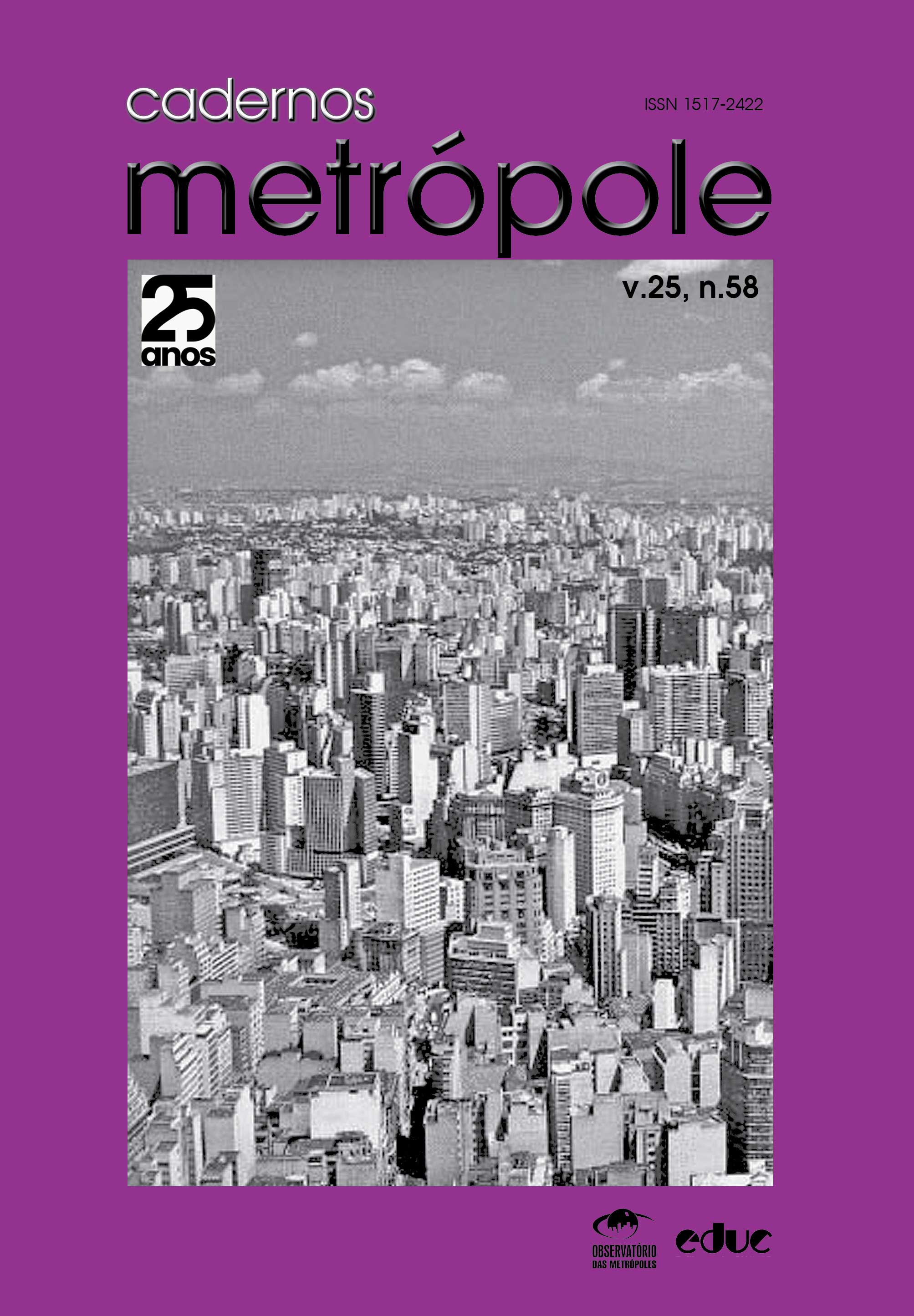A capacidade dos trending topics em pautar o debate: agenda setting do algoritmo
DOI :
https://doi.org/10.1590/2236-9996.2023-5815Mots-clés :
algoritmo, trending topics, Twitter, redes, discursoRésumé
O algoritmo das redes sociais funciona com um sistema complexo de inteligência artificial para criar uma linha de tempo que retenha usuários e garanta permanência de tela. Por meio de assuntos que viram tendência, o algoritmo pauta o debate público através de uma lógica: os temas surgem, na maioria das vezes, no Twitter, em contas de políticos, jornalistas ou influenciadores, e migram para outras redes. Considerando a possibilidade de produção artificial de trendings no Twitter, através do uso de robôs, os debates que são gerados podem representar um desequilíbrio no sistema político. Partindo de pesquisa bibliográfica e análise de documentos, este artigo faz uma reflexão sobre o modo como determinados procedimentos tecnológicos podem influenciar diretamente a formação da opinião pública.
Références
BELLI, L. (2021). Examining algorithmic amplification of political content on Twitter. Disponível em: https://blog.twitter.com/en_us/topics/company/2021/rml-politicalcontent Acesso em: 21 nov 2021.
» https://blog.twitter.com/en_us/topics/company/2021/rml-politicalcontent
BOURDIEU, P. (1996). As regras da arte: gênese e estrutura do campo literário. São Paulo, Companhia das Letras.
BOURDIEU, P. (1997). Sobre a televisão. Rio de Janeiro, Jorge Zahar.
ESTADÃO (2021). Facebook Papers: grupo monopolizou conteúdo nas eleições brasileiras de 2018, Estadão. Disponível em: https://link.estadao.com.br/noticias/empresas,facebook-papers-grupo-monopolizou-conteudo-nas-eleicoes-brasileiras-de-2018,70003903253 Acesso em: 25 nov 2021.
G1 (2021). Quem é Frances Haugen. Disponível em: https://g1.globo.com/tecnologia/noticia/2021/10/05/quem-e-frances-haugen-a-engenheira-que-quer-salvar-o-facebook.ghtml Acesso em: 21 nov 2021.
HUSZÁR, F. et al. (2021). Algorithmic Amplification of Politics on Twitter. Nova York, Cornell University, v. 1.
INTERVALO DE CONFIANÇA. (2019). Os institutos de pesquisa estão mentindo? Disponível em: https://intervalodeconfianca.com.br/2019/07/28/pauta-01-os-institutos-de-pesquisa-estao-mentindo/ Acesso em: 15 nov 2021.
» https://intervalodeconfianca.com.br/2019/07/28/pauta-01-os-institutos-de-pesquisa-estao-mentindo/
MANYIKA, J.; SILBERG, J.; PRESTEN, B. (2019). What do we do about the biases in AI? Harvard Business Review. Disponível em: https://hbr.org/2019/10/what-do-we-do-about-the-biases-in-ai Acesso em: 29 nov 2021.
» https://hbr.org/2019/10/what-do-we-do-about-the-biases-in-ai
McCOMBS, M. E.; SHAW, D. L. (2000). “A função do agendamento dos media, 1972”. In: TRAQUINA, N. O poder do jornalismo: análise e textos da teoria do agendamento. Coimbra, Minerva.
MCGEE, M. (2023). EdgeRank is dead: Facebook’s news feed algorithm now has close to 100k weight factors. Disponível em: https://martech.org/edgerank-is-dead-facebooks-news-feed-algorithm-now-has-close-to-100k-weight-factors/ Acesso em: 25 nov 2021.
MELLO, P. C.; ALONSO, L. (2021). Relatório do Facebook alerta para circulação de violência, mas empresa não prioriza Brasil. Folha de S.Paulo. Disponível em: https://www1.folha.uol.com.br/mundo/2021/11/relatorio-do-facebook-alerta-para-circulacao-de-violencia-na-plataforma-no-brasil.shtml Acesso em: 25 nov 2021.
NÚCLEO (2021). A cobertura brasileira do Facebook Papers. Disponível em: https://www.nucleo.jor.br/fbpapers/ Acesso em: 15 nov 2021.
» https://www.nucleo.jor.br/fbpapers/
ROUVROY, A.; BERNS, T. (2015). Tecnopolíticas e vigilância: governamentalidade algorítmica e perspectivas de emancipação: o díspar como condição de individuação pela relação? Revista EcoPós, v. 18. n. 2, pp. 1-7. Disponível em: https://revistaecopos.eco.ufrj.br/eco_pos/issue/view/254 Acesso em: 29 nov 2021.
» https://revistaecopos.eco.ufrj.br/eco_pos/issue/view/254
SPAGNUOLO, S.; MARTINS, L.; MENEZES, S. (2021). No Facebook, poucos usuários concentram muito engajamento. Núcleo. Disponível em: https://www.nucleo.jor.br/reportagem/2021-11-25-concentracao-usuarios-facebook/ Acesso em: 23 nov 2021.
» https://www.nucleo.jor.br/reportagem/2021-11-25-concentracao-usuarios-facebook/
TWIPLOMACY (2020). Twiplomacy Study 2020. Disponível em: https://twiplomacy.com/blog/twiplomacy-study-2020/ Acesso em: 14 nov 2021.
» https://twiplomacy.com/blog/twiplomacy-study-2020/
TWITTER (2021). Examining algorithmic amplification of political content on Twitter. Disponível em: https://blog.twitter.com/en_us/topics/company/2021/rml-politicalcontent Acesso em: 15 nov 2021.
» https://blog.twitter.com/en_us/topics/company/2021/rml-politicalcontent
Téléchargements
Publié-e
Comment citer
Numéro
Rubrique
Licence
© Rafael de Paula Aguiar Araujo, Igor Fediczko Silva 2023

Cette œuvre est sous licence Creative Commons Attribution - Pas d'Utilisation Commerciale - Pas de Modification 4.0 International.
A revista não tem condições de pagar direitos autorais nem de distribuir separatas.
O Instrumento Particular de Autorização e Cessão de Direitos Autorais, datado e assinado pelo(s) autor(es), deve ser transferido no passo 4 da submissão (Transferência de Documentos Suplementares). Em caso de dúvida consulte o Manual de Submissão pelo Autor.
O conteúdo do texto é de responsabilidade do(s) autor(es).


